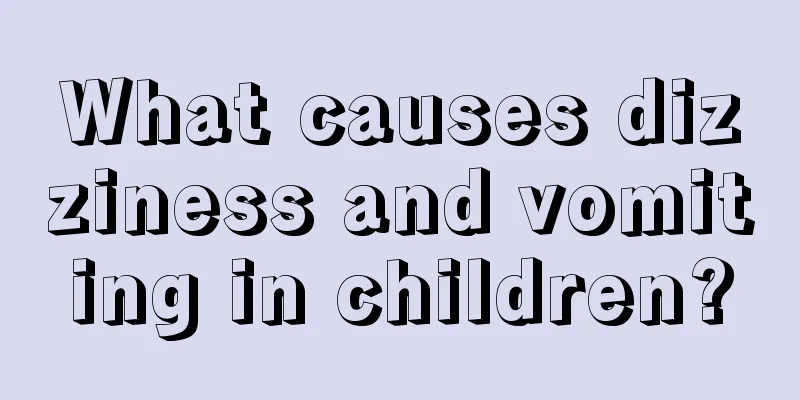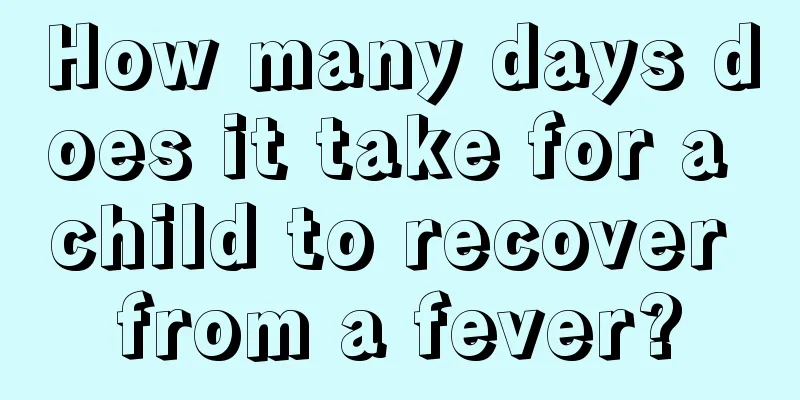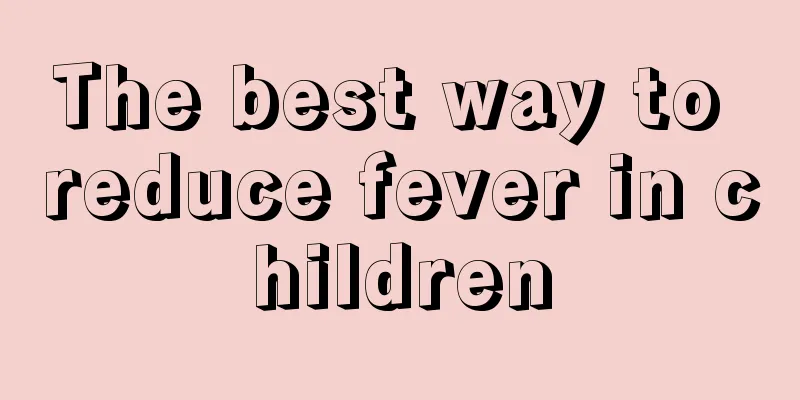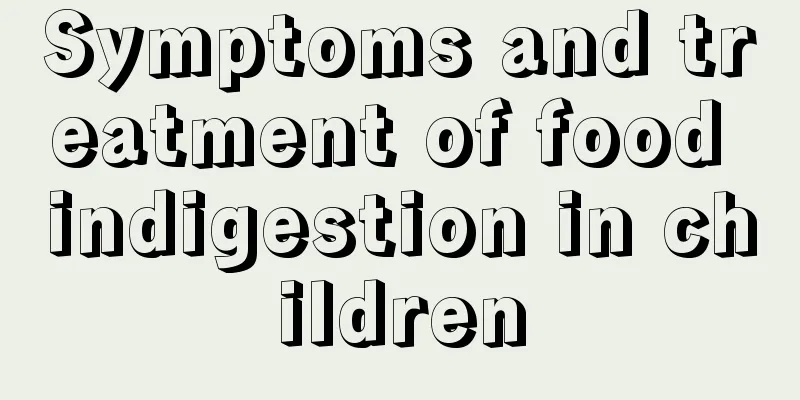Symptoms of developmental delay in children
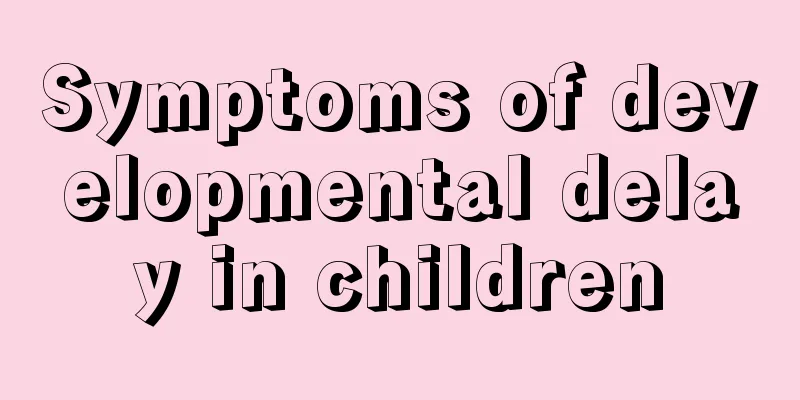
|
Developmental delay in children is a problem that many children will encounter during their development. However, parents are very worried and afraid, because developmental delay in children will often affect their growth and development, and in severe cases will affect their physical health. Therefore, if we understand the various manifestations of developmental delay in children, then when our children have similar manifestations in the future, our parents can discover and treat them in time. In fact, there are often many reasons that lead to a child's developmental delay. It may be caused by certain external factors, and of course it may also be caused by certain reasons of the child himself, but most of us parents are not clear about the details. Therefore, it is so important to understand in detail the various manifestations of developmental delay in children. Let’s talk about this issue in detail below. The language development of infants and young children follows the following rules: they can utter syllables such as "dad" and "mom" at around 6 to 7 months old; they can say meaningful words such as "dad" and "mom" at one year old; and they can basically express their own ideas well at two years old. Experts point out that although there are certain individual differences in children's language development, if a child still cannot speak or has no communicative language by the age of 3, it is necessary to suspect whether the child has language delay. Signs of developmental delay 1. Can’t reach out to grab things at 9 months If you compare your baby with other babies, you will find that your baby still cannot reach out to get things on his own at 9 months old, and cannot support his weight with his legs when supported by an adult. This indicates that there is something abnormal with the baby and the baby should be taken for a check-up as soon as possible. 2. Abnormal crying Some babies will cry for a long time due to stimulation, but sometimes they need repeated or continuous stimulation to make them cry; some babies cry sharply, while others cry softly and weakly; and some babies don’t like to cry and appear unusually "well-behaved". If parents learn to understand their baby's cry, they will know the hidden health signals. (1) If the baby suddenly screams loudly, without any echo, and the sound starts quickly and ends quickly. This kind of crying combined with other symptoms such as shaking head, straight eyes, staring, drowsiness, irritability, fever, convulsions, etc. may be a brain disease such as purulent meningitis. (2) If the baby suddenly stops crying or making noise and becomes overly quiet, this is also an abnormal phenomenon. Because some newborns are too ill to cry, we should pay more attention to careful observation and patiently find out the cause. >>>What tests should be done for children with developmental delay? 3. Poor sucking ability Some babies learn to chew relatively late, and are prone to swallowing difficulties and vomiting when eating solid food. The earliest symptoms shown by babies with intellectual disabilities are often difficulty in feeding, inability to suck, and being particularly prone to spitting up milk. This indicates damage to the nervous system and will affect their intelligence in the future. After the baby starts eating complementary foods when he is six months old, he will have difficulty chewing and feeding, and solid food will be difficult to swallow and may even cause vomiting. 4. Difficulty in standing the head upright and turning the head Some babies cannot hold their heads up or have difficulty turning their heads when they are over 100 days old, and one or both eyes continue to look inward or outward. At this time, parents can give their baby some head-lifting training. If there is no effect, they should take the baby to the hospital for examination immediately and ask the doctor the reason so as to discover the problem as early as possible and receive timely treatment. Through the detailed introduction in the above article, we can all find that there are actually many manifestations of developmental delay in children. The most common ones are: inability to reach out for things, unusual crying, poor sucking ability, difficulty turning the head, etc. Knowing so much, our parents can judge whether the child has developmental delay based on these manifestations in the future, which is also conducive to timely treatment after discovery. |
<<: 10 Troubles of Chinese Children Growing Up
>>: What causes children to grind their teeth?
Recommend
What are the symptoms of sequelae of infantile meningitis
There are many diseases that occur in infancy, an...
What to do if a child has phimosis
What should I do if my child has phimosis? First ...
Symptoms of brain injury in babies
The brain skull of a newborn baby has not yet ful...
How to reduce jaundice in children faster
Most pediatric jaundice is physiological jaundice...
Why do children get scared easily?
Every child has a different personality. Some chi...
Treatment of low-grade fever in infants
In our lives, it may often happen that children h...
What should children eat when their voice is hoarse?
Nowadays, infants and young children will tear th...
What to do if children have a cold and cough
Many children have coughing symptoms. Although co...
Baby drooling time
Many people drool, which seems to be a normal phe...
Why do children love to bite people?
Around us, there are always cases where children ...
What is the best treatment for eczema in children?
I think everyone knows about eczema. Whether it i...
What are the symptoms of autistic babies?
In today's society, mental health has become ...
How to prevent childhood obesity more effectively
Childhood obesity can be said to be relatively co...
What are the signs that a newborn is full?
Many parents do not understand what kind of situa...
What factors affect a child's height?
The development and growth of children are the is...

